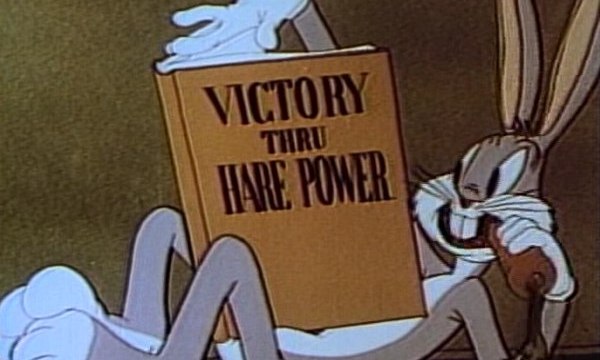In Britain the Conservative Poll Lead Falters

A former British Prime Minister, Harold Wilson, once famously opined that a ‘week is a long-time in politics’. In which case a month is surely an age. The current British Prime Minister, Gordon Brown, survived a botched coup attempt against him barely a month ago, one in which two former Cabinet allies openly rebelled and demanded a full leadership contest. Unfortunately for them, they both forgot to consult their colleagues, or read the party’s own rule book.
Remarkably however, Gordon Brown, who has enjoyed fairly consistently dismal poll ratings from shortly after he took over from Tony Blair in an uncontested election, seems pretty upbeat. He has good reason to be looking increasingly – for him – cheery, and in optimistic mood. For the Conservative charge led by David Cameron is faltering, literally months away from a General Election that most people would once have put money on him winning by a mile.
The Conservative lead over Labour is now beginning to flat-line and is, at around 7% incapable of delivering Cameron his majority. Last Summer Cameron’s poll leads were in the dizzying 20% league. So what on earth is going on? How could Gordon Brown and his Labour Party, which once seemed destined for the Knackers Yard have not only survived, but gradually clawed their way back?
The answer would appear to be that British electors are less impressed with Cameron and his party the more they see of him and them. And beyond Cameron, his Shadow Cabinet barely registers with most voters. Tony Blair at this stage of the political cycle in 1997 had a fairly well known and polished Shadow Cabinet team. But this does not mean that voters have grown to love the Labour Party, or in particular Gordon Brown again. In fact politicians are viewed with an almost universal contempt in Britain today.
No, what is swinging it away from the Conservatives is a very deep fear of the unknown. I suspect that people may not necessarily have a great deal of affection for Gordon Brown, but many do at least believe that he has more experience, and is therefore better placed to help them hang on to their jobs. Britain may have just escaped from recession, but the double dipper is a very real possibility. David Cameron’s talk of swingeing cuts in public spending – until he changed his mind last week – may have made sense to many voters so long as did not affect them. But what most of the country outside of the South East England economic motor know, is that cuts will mean tens of thousands of public sector jobs going to the wall.
In truth voters know that whoever is elected will institute cuts, but that the Tories will cut harder and deeper.
The most likely scenario at this time is of a hung Parliament where no part commands an overall majority. If that is the case the shrewd British electorate may be congratulated for throwing the challenge back to the politicians to sit down and sort things out without petty party politics getting in the way.





